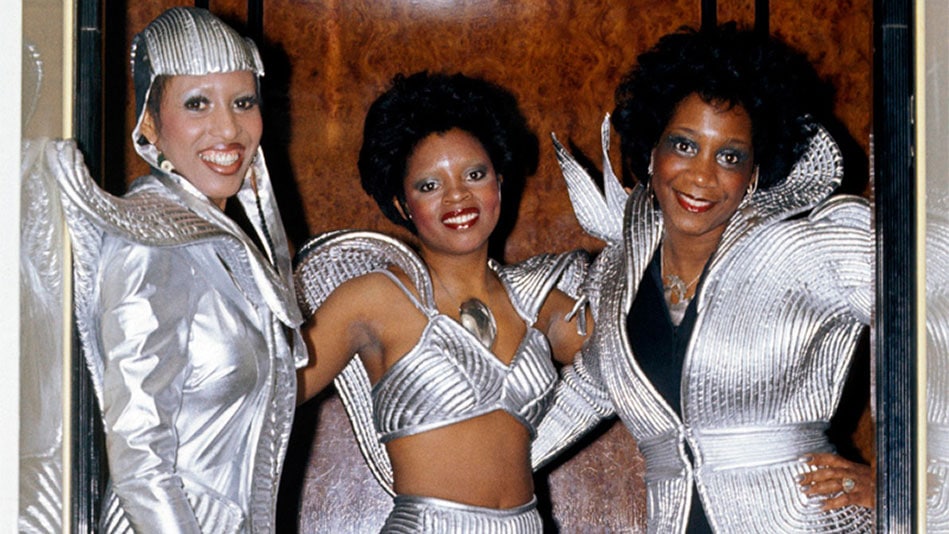Patti LaBelle’s story is not just about a remarkable voice, but about rewriting what was possible for women, for soul music, and for culture itself. From the early days of The Blue Belles in the 1960s to the electric heights of Lady Marmalade, she changed the soundscape of America. With every note, she carried both power and defiance, turning her music into a revolution.
When Lady Marmalade soared to No. 1 in 1974, it wasn’t simply a hit single — it was history in the making. Labelle became the first African-American vocal group to grace the cover of Rolling Stone and the first to command the stage of the Metropolitan Opera House. The moment shattered barriers and set a new precedent for what Black women could achieve in the industry.
But triumph rarely comes without turbulence. By 1976, tensions within the group led to its breakup, closing a golden chapter in soul and funk. Patti, however, pressed forward, turning heartbreak into strength, and beginning her climb toward solo superstardom.
Her solo career blossomed with a mixture of gospel-rooted ballads, disco anthems, and powerhouse performances that earned her Grammy Awards and global respect. Patti became more than a singer — she was a symbol of resilience, navigating decades of change while always staying true to her artistry. Her concerts became legendary experiences, blending intimacy with explosive energy.

Even as years passed, Patti’s ties to her Labelle sisters remained strong. The reunions in 1991 and 2008 reignited the magic, reminding fans why their music had become immortal. And when Sarah Dash passed in 2021, Patti’s public grief showed once again how deeply her career was entwined with friendship, love, and loss.
Today, Patti LaBelle is not only celebrated for her music but for her influence on generations that followed. Younger artists who perform Lady Marmalade or cite her as an inspiration are not just paying homage — they are affirming a legacy carved in fire. Untouchable, unstoppable, unforgettable, Patti LaBelle remains the voice that refuses to fade.

Her journey proves that legends are not born — they are made through courage, reinvention, and the refusal to stand still. She didn’t just sing; she rewrote the rules of what a soul artist could be. And in doing so, Patti LaBelle ensured her place as one of the greatest cultural forces of our time.